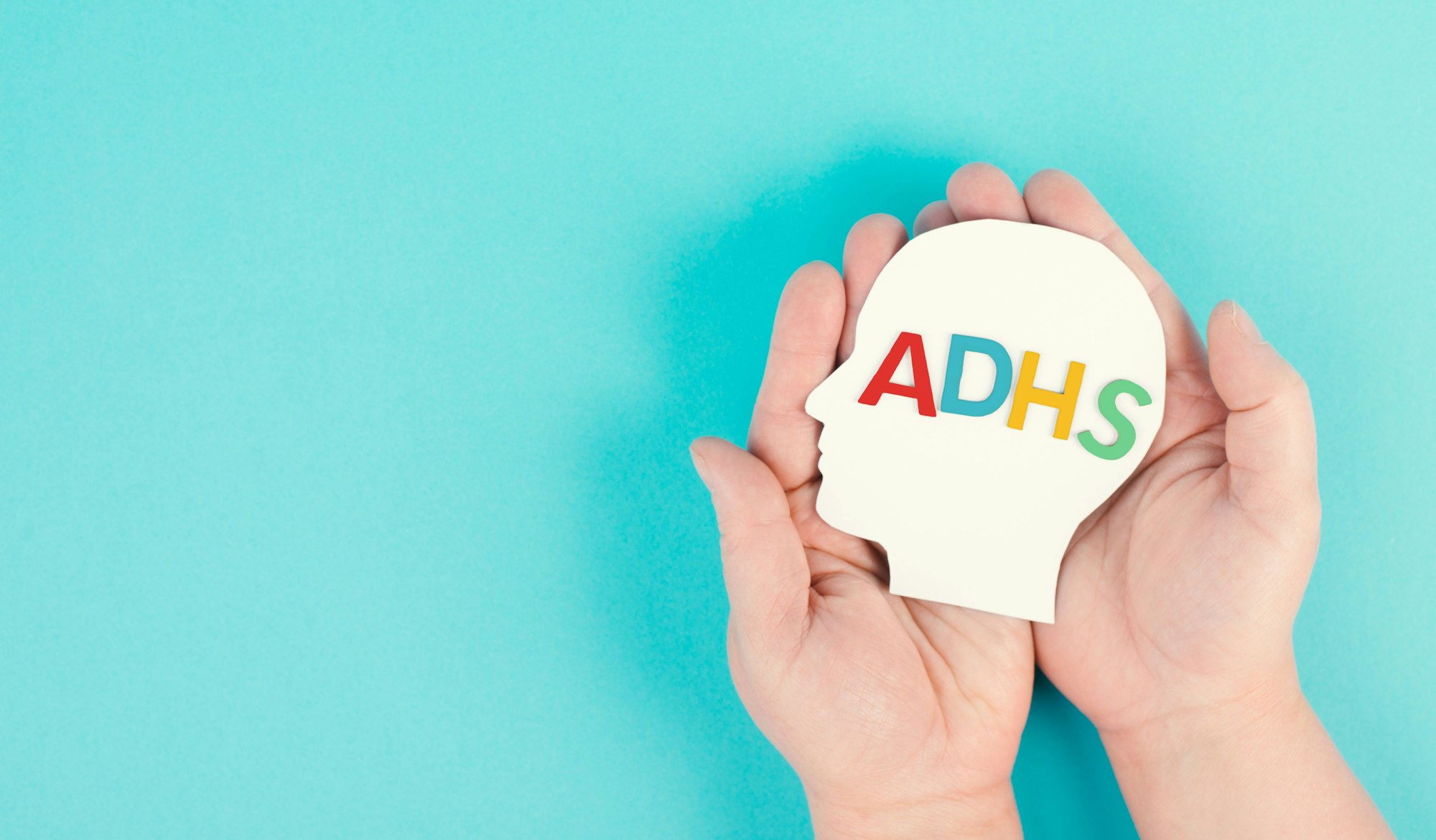Services /ADHD
Attention deficit hyperactivity disorder (ADHD) is a condition that impacts behavior. People with ADHD might seem restless, have trouble focusing, and act on impulse.
ADHD symptoms are usually noticed early and can become clearer when a child’s situation changes, like starting school. Most cases are diagnosed before children turn 12, but sometimes it is identified later in childhood.
In some instances, ADHD goes unnoticed in childhood and is diagnosed in adulthood. While ADHD symptoms may get better with age, many adults diagnosed young still face challenges. People with ADHD may also encounter other issues, like sleep problems and anxiety disorders.


Attention deficit hyperactivity disorder (ADHD) has two main types of behavioral issues:
inattentiveness (trouble focusing)
hyperactivity and impulsiveness
Many people with ADHD experience both types of problems, but not always. For instance, about 2 to 3 out of 10 individuals with ADHD struggle with focus but not with hyperactivity. This type of ADHD is called attention deficit disorder (ADD). ADD can be less noticeable because its symptoms are subtler.
ADHD is diagnosed more in boys than in girls. Girls often show symptoms of inattentiveness alone and are less likely to exhibit disruptive behavior that highlights ADHD. As a result, girls with ADHD may not always receive a diagnosis.
In adults, ADHD symptoms can be harder to identify. This is mainly because there hasn’t been enough research on adults with ADHD. ADHD is a developmental disorder, which means it usually starts in childhood. However, the symptoms often carry over into adulthood. The way inattentiveness, hyperactivity, and impulsiveness show up in adults can differ greatly from how they appear in children.
For instance, hyperactivity often lessens in adults, while inattentiveness may persist as adult responsibilities grow.
Adult ADHD symptoms are usually more subtle than those seen in children.
Experts have suggested the following symptoms associated with ADHD in adults:
Treatment for attention deficit hyperactivity disorder (ADHD) can help ease symptoms and improve daily life. ADHD can be treated with medication or therapy, but a mix of both is usually best. A specialist, like a pediatrician or psychiatrist, typically organizes treatment, but a GP may keep track of the condition.
BOOK AN APPOINTMENT today by filling out this form online and a member of our team will reach out to you! Our team is here to provide you with the guidance and support you need for optimal mental health and well-being.